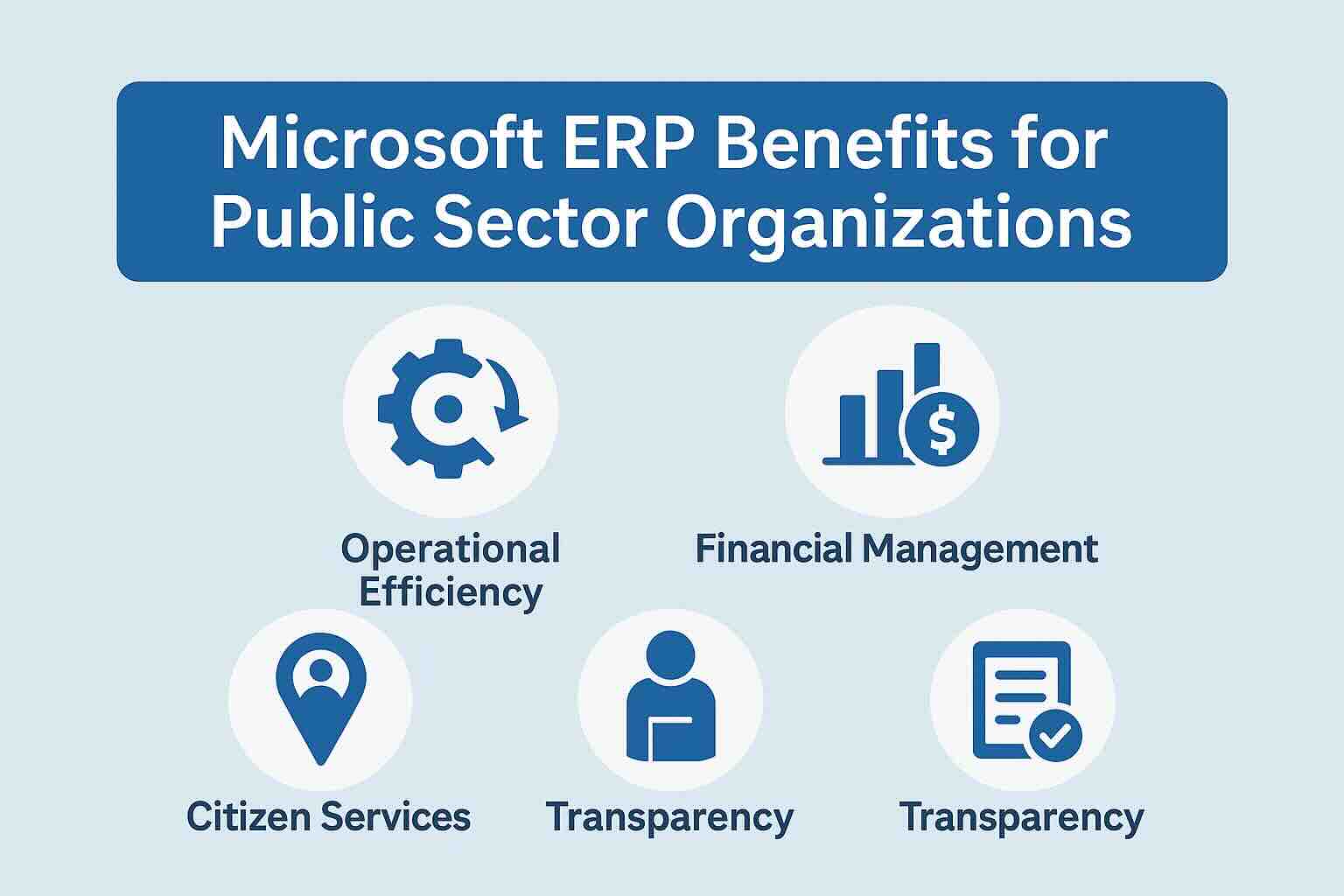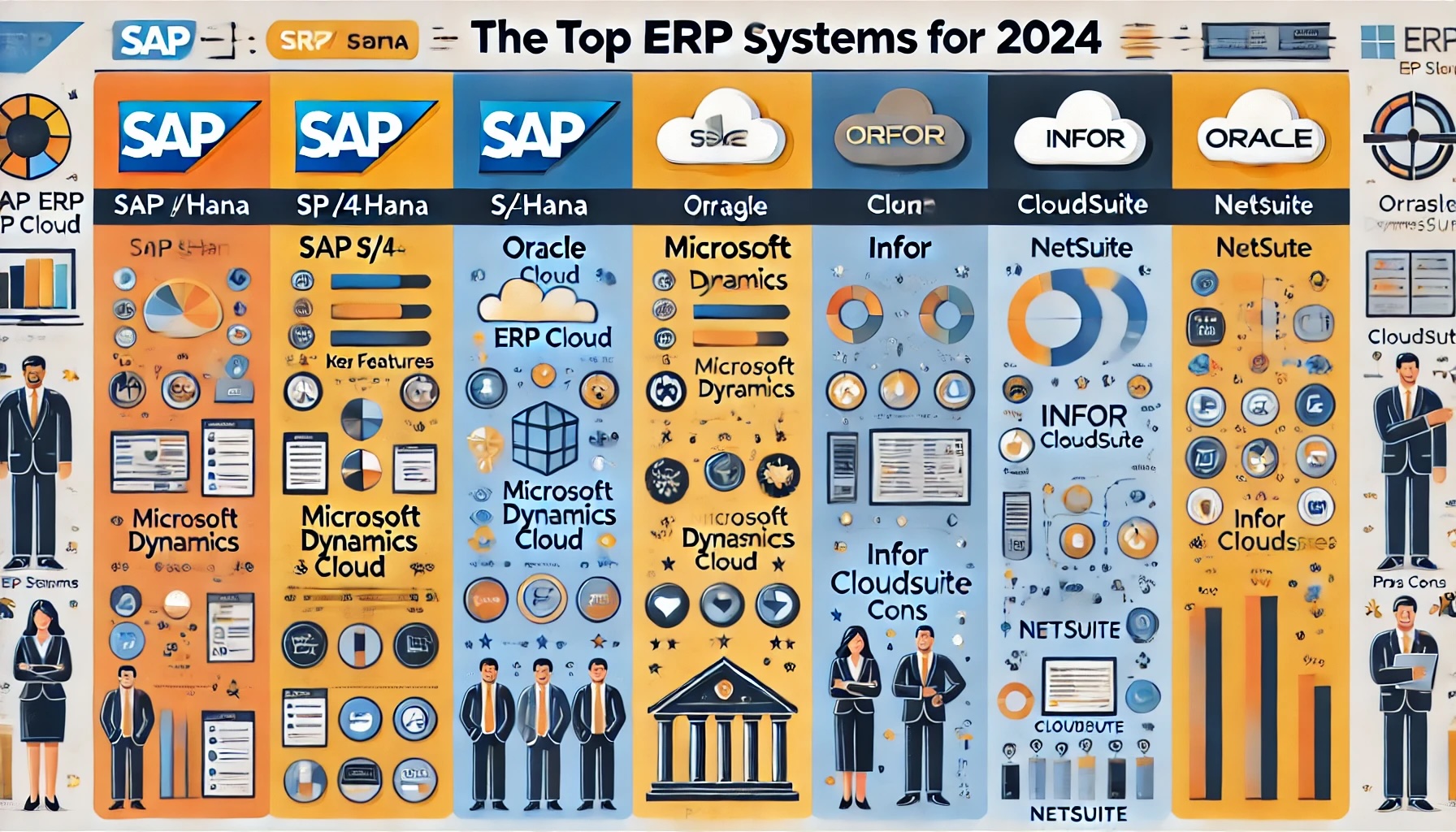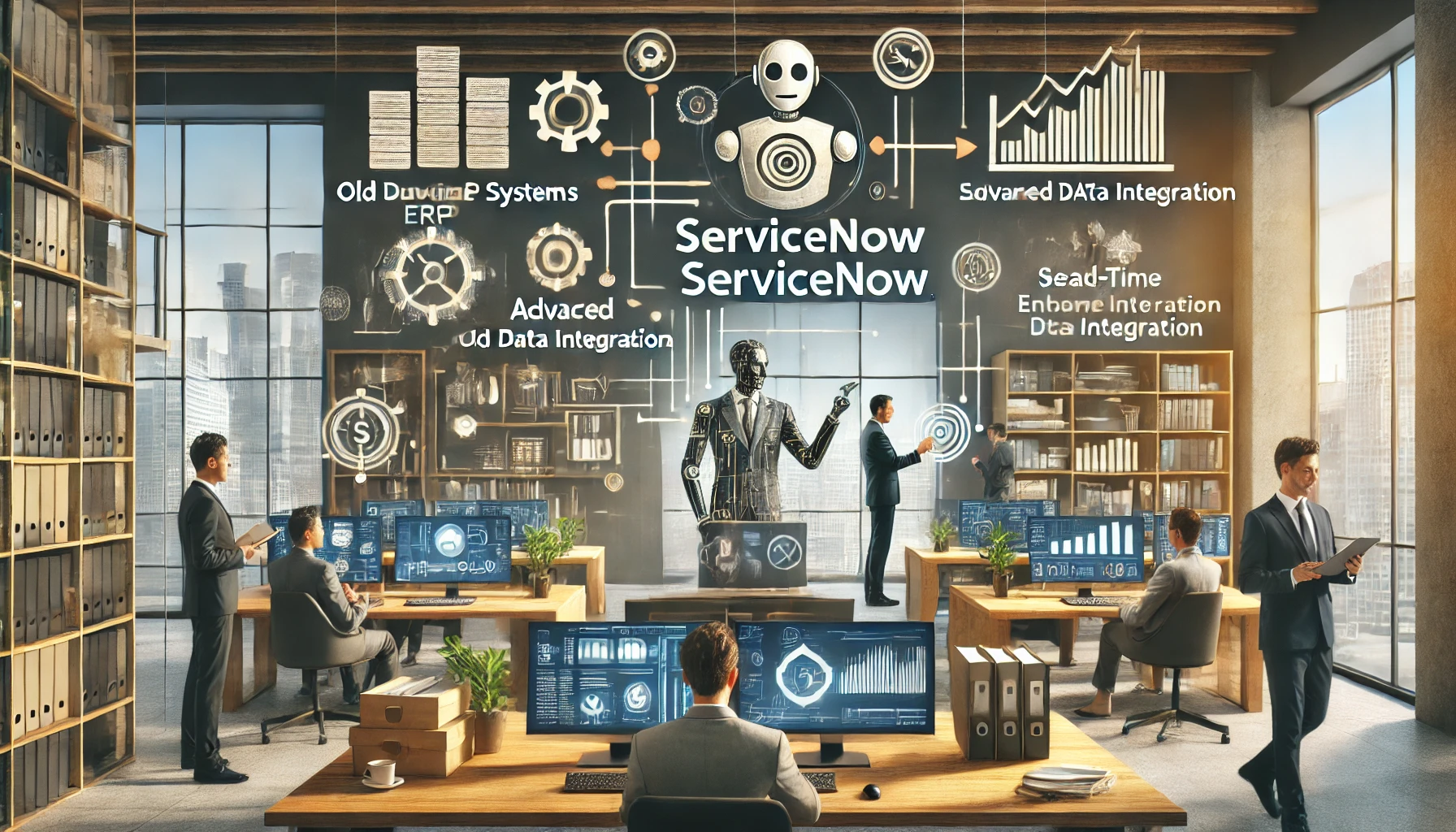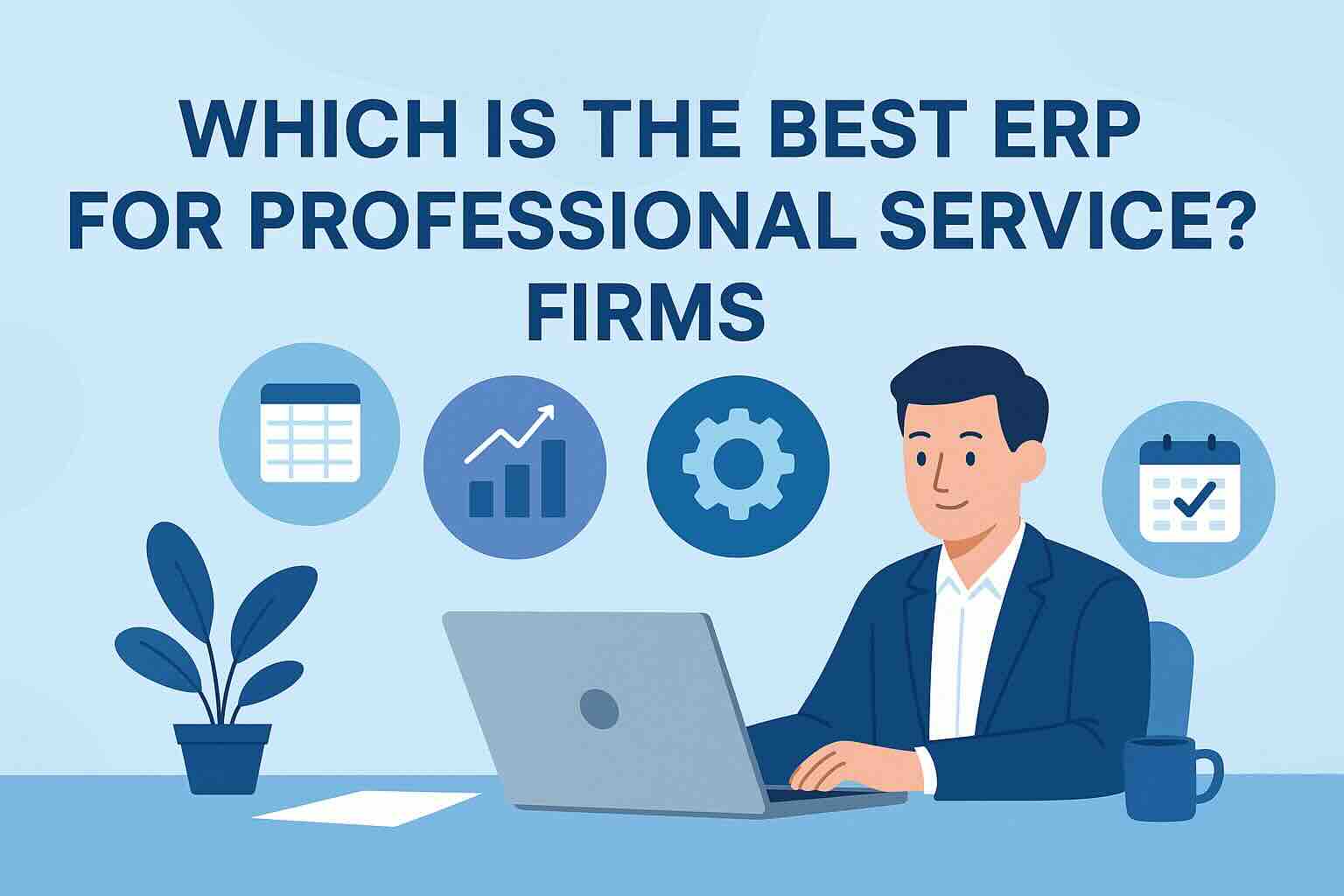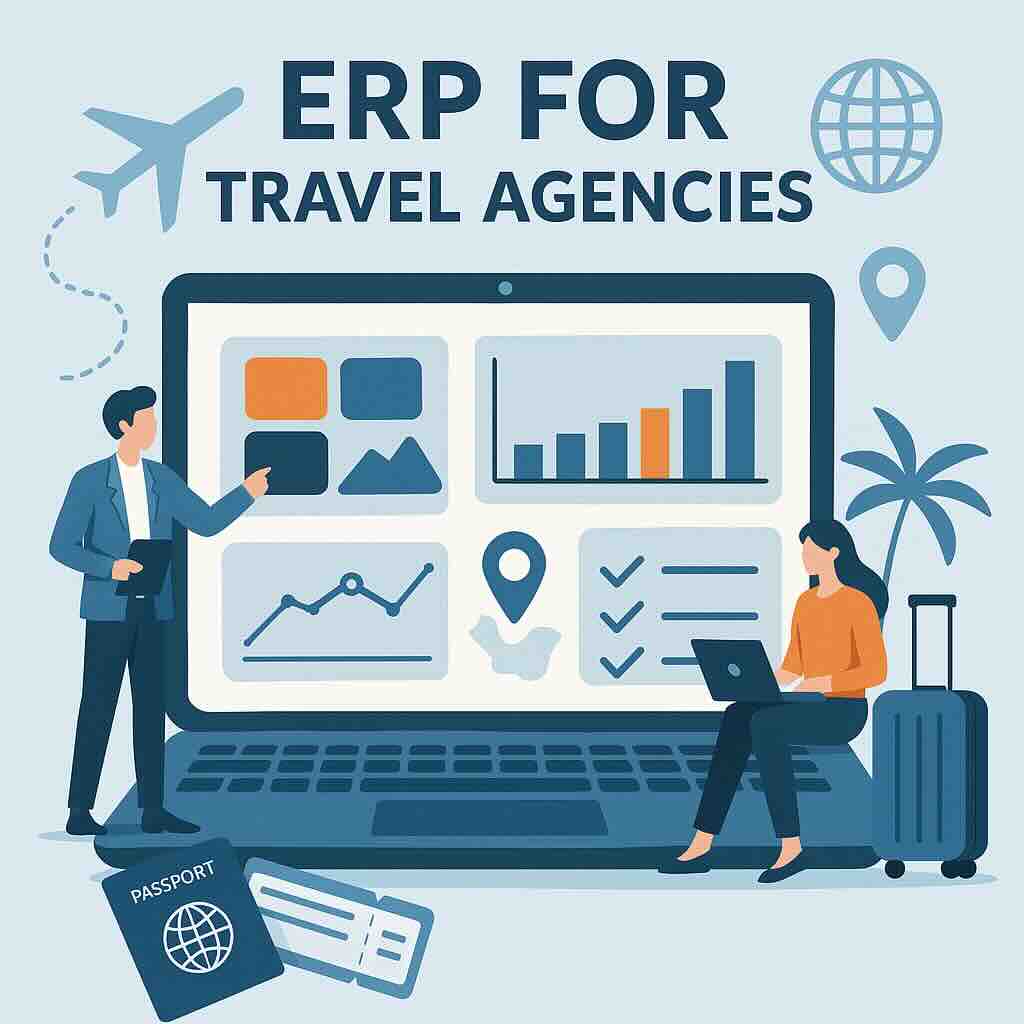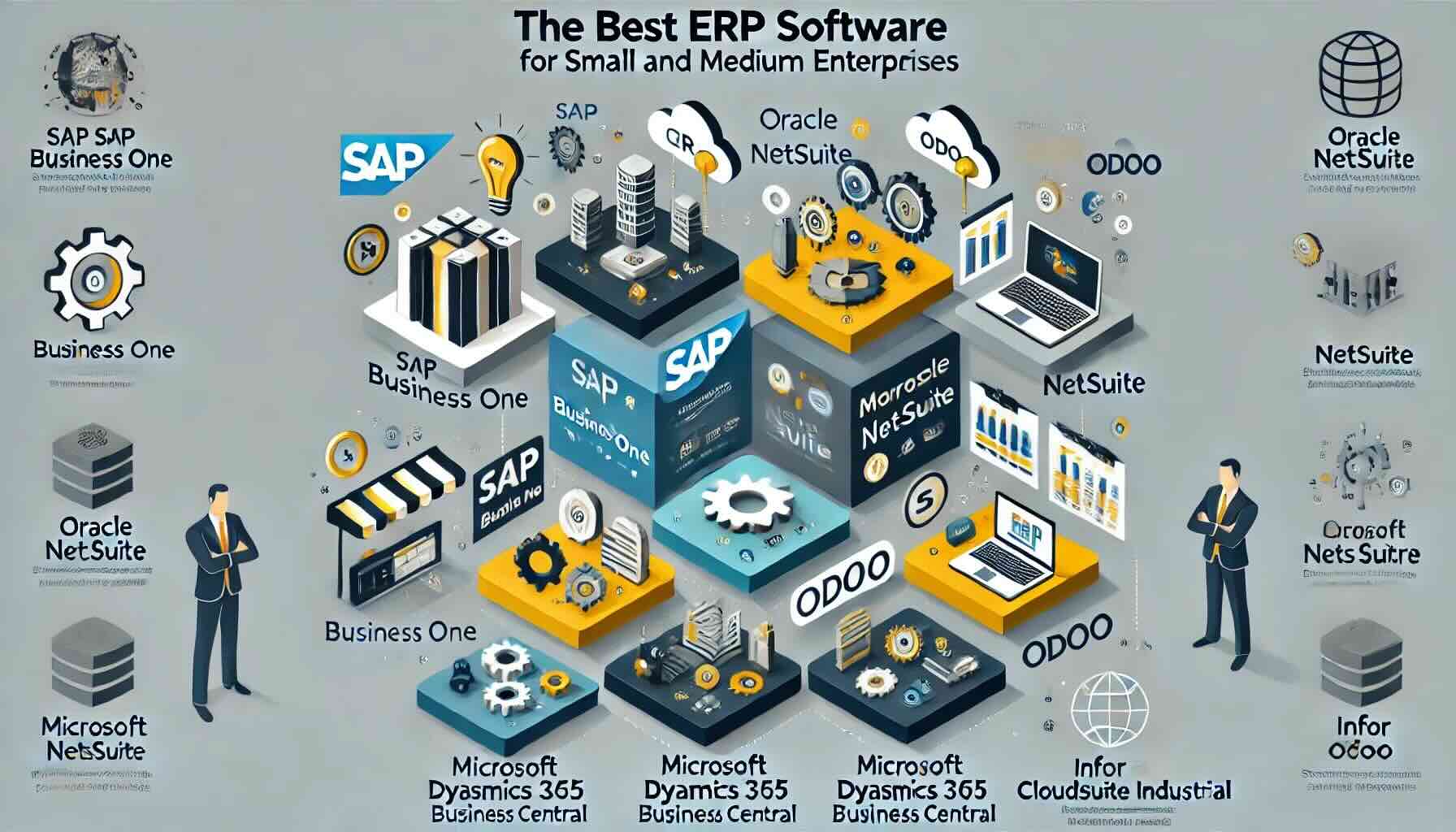Is Epicor a Good ERP for Transport and Logistics Businesses?
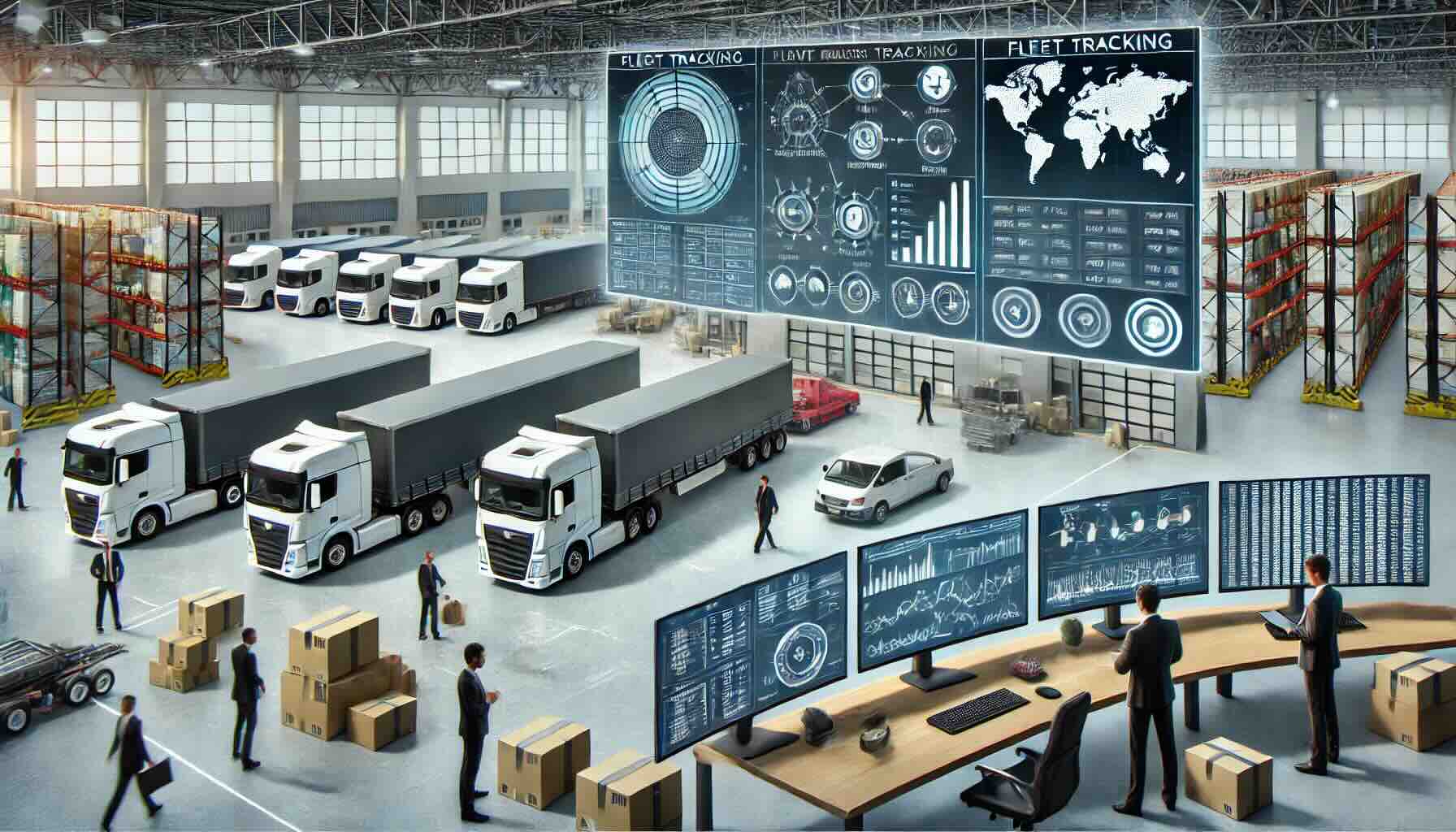
In the fast-paced world of transportation and logistics, companies need efficient systems to manage complex operations, streamline workflows, and enhance profitability. The role of Enterprise Resource Planning (ERP) systems in achieving these objectives is crucial, as they provide the tools necessary to handle everything from fleet management to customer service. One such ERP system that has gained prominence is Epicor. While Epicor is widely known for serving various industries, how well does it cater to the specific needs of transport and logistics businesses? Let’s explore the capabilities, strengths, and potential drawbacks of using Epicor for this sector.
What is Epicor?
Epicor is a comprehensive ERP platform designed to meet the demands of mid-sized to large enterprises. It offers a wide range of industry-specific modules that help businesses manage their core processes, including supply chain management, finance, customer relationship management (CRM), and production. Epicor is particularly known for its flexibility and customization options, allowing companies to adapt the software to their unique needs.
Key Features of Epicor
- Financial Management: Real-time financial insights and reporting tools.
- Supply Chain Management: Optimization of procurement, distribution, and inventory control.
- Customer Relationship Management (CRM): Tools for managing customer data, sales, and service operations.
- Production and Manufacturing: Modules for production planning, scheduling, and resource management.
- Advanced Analytics: Data-driven insights to help businesses make informed decisions.
While Epicor has traditionally been a strong player in manufacturing and distribution, its adaptability has allowed it to extend into other industries like transportation and logistics.
Benefits of Epicor for Transport and Logistics Businesses
Transport and logistics businesses face several challenges, including managing complex supply chains, optimizing fleet operations, maintaining compliance, and ensuring customer satisfaction. Epicor’s suite of features can help overcome these hurdles. Here’s how:
1. Comprehensive Fleet and Asset Management
One of the core needs of logistics businesses is managing their fleets efficiently. Epicor’s asset management module helps businesses maintain and optimize their fleet, offering real-time insights into vehicle health, usage, and lifecycle management. This feature helps ensure vehicles are operating efficiently, reducing downtime and maintenance costs.
Epicor also integrates seamlessly with GPS and telematics systems, which enables better route planning, tracking, and fuel consumption monitoring. In a business where on-time deliveries are crucial, this feature ensures that logistics companies can meet deadlines while reducing operational costs.
2. Real-Time Data and Advanced Analytics
Transport and logistics companies deal with a significant amount of data daily, from tracking shipments to monitoring fuel consumption and analyzing delivery times. Epicor’s advanced analytics tools allow businesses to process this data in real-time, providing actionable insights that lead to better decision-making.
Whether it’s optimizing delivery routes, predicting vehicle maintenance needs, or analyzing customer demand patterns, the data-driven approach offered by Epicor helps companies in the transport sector increase efficiency, reduce costs, and improve overall performance.
3. Inventory and Warehouse Management
Logistics companies often need to manage warehouses and inventory, ensuring that products are stored and delivered efficiently. Epicor’s warehouse management module simplifies inventory tracking, storage, and distribution by automating key processes like order picking, packing, and shipping.
With Epicor’s real-time inventory tracking, logistics companies can reduce instances of overstocking or understocking, ensuring a seamless supply chain. The platform also integrates well with barcode scanning systems, further improving accuracy and speed in warehouse operations.
4. Compliance and Regulatory Management
The transportation industry is subject to stringent regulations concerning safety, environmental standards, and labor laws. Epicor offers tools for compliance management, which help businesses adhere to the ever-changing regulations by automatically updating processes and documentation as per the latest standards.
By keeping a close watch on regulatory changes and ensuring fleet operations comply with safety standards, businesses can avoid fines and delays. Epicor also helps streamline reporting, ensuring that required documentation for audits or inspections is readily available and accurate.
5. Scalability and Customization
One of Epicor’s most significant advantages is its scalability and ability to adapt to growing business needs. Whether a company operates a small regional fleet or an international logistics operation, Epicor’s modular approach allows companies to add or remove functionalities based on current requirements. This makes it an attractive solution for growing logistics businesses that need their ERP system to grow alongside them.
Moreover, Epicor offers substantial customization options, which is crucial for transport and logistics businesses with unique workflows. From customizing dashboards to tailoring reports, the ability to modify the system to suit specific needs is a significant advantage.
Potential Drawbacks of Using Epicor in Transport and Logistics
While Epicor offers many benefits for transport and logistics businesses, there are some potential drawbacks to consider:
1. Complexity of Implementation
As with any comprehensive ERP system, implementing Epicor can be a complex process. Logistics companies may find the initial setup daunting, especially if they have never used an ERP system before. Training employees to use the software effectively can also take time and resources, potentially leading to a slower return on investment.
2. Cost Considerations
Epicor’s advanced features and customization options come at a cost. For small logistics companies, the expenses associated with purchasing, implementing, and maintaining Epicor may be prohibitive. However, for larger companies or those with a long-term growth strategy, the investment might be justified by the improvements in efficiency and profitability.
3. Limited Industry-Specific Focus
While Epicor is highly customizable, it’s not built specifically for the transport and logistics industry. This means that, while it can be tailored to fit logistics operations, companies may need to invest in significant customization and integrations to align it perfectly with their specific needs. In contrast, some other ERP solutions are designed with logistics in mind from the start, potentially offering more out-of-the-box solutions.
Conclusion
Epicor is a powerful ERP solution that offers several benefits for transport and logistics businesses, especially in areas like fleet management, real-time data analytics, compliance, and scalability. Its comprehensive nature makes it a versatile tool that can support a wide range of operations across the supply chain. However, businesses should weigh the potential complexity and cost of implementation against their operational needs.
For large or growing logistics companies that require flexibility and advanced features, Epicor can be an excellent choice. However, smaller companies may want to explore other ERP systems that are specifically designed for the transport and logistics sector, which could offer a more streamlined and cost-effective solution. To find out more about Epicor click this link.
To compare Epicor with 100s of other ERP solutions, you can use our new AI-powered Compare ERP tool. It’s free to use and you get a guaranteed discount on your first year’s licence fees with a referral from Compare ERP.

